Why study this course?
Our Film and Television Studies (including foundation year) BA (Hons) is ideal if you’d like to pursue a degree in film studies but can’t meet the necessary requirements to enter the standard three-year degree. This course has a built-in foundation year that is designed to prepare you for more rigorous study in the subsequent three years of your course.
Our film production and photography courses are third in the UK for teaching quality and fourth in the UK for student satisfaction in the Guardian University Guide 2023.
You’ll graduate with the same award and title as students on the three-year programme.
More about this course
Our Film and Television Studies (including foundation year) BA (Hons) will equip you with knowledge about the film and television industry, as well as transferable and practical skills that are applicable in the real-world.
The foundation year will be shared with students from other foundation year degrees in the School of Computing and Digital Media. This will be the ideal opportunity to meet students from different specialisms and exchange ideas on the programme you study.
Throughout your degree you’ll receive academic and pastoral support from your tutors and academic mentor. There will also be opportunities to attend career-related workshops, which can help you with skills, such as job application writing and interview techniques.
Following your foundation year you’ll study the same course content and have the same choice of modules as students on the traditional three-year course. Visit our Film and Television Studies BA (Hons) course page to learn more about the subsequent three years of your studies.
If, at the end of your foundation year, you’d like to change your specialism there will be flexibility to allow you to do this.
You can get a taste for life at our School of Computing and Digital Media by taking a look at our showcase of recent student work.
Assessment
Your assessments will consist of in-class tests, coursework, summaries, presentations, textual analysis, essays and screenplays.
Fees and key information
Apply nowEntry requirements
In addition to the University's standard entry requirements, you should have:
- at least one A level (or a minimum of 32 UCAS points from an equivalent Level 3 qualification, eg BTEC Subsidiary/National/BTEC Extended Diploma)
- English Language GCSE at grade C/4 or above (or equivalent, eg Functional Skills at Level 2), if you meet the UCAS points criteria but obtained a grade D/3 in English at GCSE you may be offered a University test in this area
Accreditation of Prior Learning
Any university-level qualifications or relevant experience you gain prior to starting university could count towards your course at London Met. Find out more about applying for Accreditation of Prior Learning (APL).
English language requirements
To study a degree at London Met, you must be able to demonstrate proficiency in the English language. If you require a Student visa (previously Tier 4) you may need to provide the results of a Secure English Language Test (SELT) such as Academic IELTS. This course requires you to meet our standard requirements.
If you need (or wish) to improve your English before starting your degree, the University offers a Pre-sessional Academic English course to help you build your confidence and reach the level of English you require.
Modular structure
The modules listed below are for the academic year 2023/24 and represent the course modules at this time. Modules and module details (including, but not limited to, location and time) are subject to change over time.
Year 0 modules include:
- This module currently runs:
- all year (September start) - Tuesday afternoon
- all year (September start) - Tuesday morning
This module will provide students with a number of introductory practical skills in relation to film and television production and a range of broadcast media. Through practice-based exercises aimed at introducing photographic, digital and filmmaking skills, students will begin to explore issues of, for example, editing and sound. They will also begin to reflect upon their learning, and thereby begin to develop and improve upon their future learning experience.
This module aims to:
● Introduce students to the practical study of film, television and broadcast media;
● Provide students with basic skills in photography and digital filmmaking;
● Develop students’ strategies for working in groups, collaboration and teamwork;
● Provide students with the opportunity to reflect upon their learning and develop corresponding skills;
● Prepare students for the practical study of film, television and broadcast media at Level 4. - This module currently runs:
- all year (September start) - Wednesday afternoon
The module is an introduction to the field of digital media as an area of practice, as culture, and as a set of structures. It is a theory and practice based module providing students with foundation knowledge and skills to effectively analyze but also produce simple digital artefacts. It allows students to develop an understanding of the wider context of digital media production but also to apply key ideas in their own production.
This module aims to:
∙Introduce students to digital media history and culture providing a foundation for further study
∙Encourage the development of critical and analytical skills through the exploration of digital practice
∙Aid the development of digital production skills through practical workshops and assessments
∙Prepare students for the practical study of digital media at Level 4.
- This module currently runs:
- autumn semester - Thursday afternoon
You will gain the basic skills required to write clear, grammatically correct and concise journalistic copy across a range of media platforms. Practical skills will be taught by examining good journalistic practice across all platforms, including social media. Interview skills will be taught through reporting tasks. These will be set within the context of current affairs and ongoing media debates. This module aims to:
- Equip students with the ability to write copy to a publishable standard with no factual or grammatical errors;
- Aid students in using sources to construct clear and accurate factual written articles
- Develop research skills across printed, electronic and primary sources.
- Improve understanding of grammar, punctuation and spelling
- This module currently runs:
- all year (September start) - Wednesday morning
This module will provide students with an introduction to the study of the mass media and facilitate development of key academic research and writing skills. The module is organised around five blocks each of which introduces debates and discussions about one aspect of the study of the mass media, leading to a short assessment exercise.
The module is designed to facilitate the transition into undergraduate study by encouraging critical engagement and the development of basic academic skills and competencies.
This module aims to:
●Introduce students to key debates in the study of the mass media to provide a foundation for further study.
●Encourage the development of critical and analytical skills through guided study and coursework preparation
●Encourage the development of key academic writing, reading and research skills and competencies
●Prepare students for the practical study of media and communications Level 4.
- This module currently runs:
- spring semester - Tuesday morning
Studying on this module will provide you with the practical skills to create journalistic copy across a range of media platforms. Practical skills will be taught by examining best practice across print, broadcast and online, including social media. Interview skills will be taught through reporting tasks. These will be set within the context of current affairs and ongoing media debates. This module aims to:
- Equip students with the ability to write copy to a publishable standard with no factual or grammatical errors;
- Aid students in writing headlines for print as well as crafting web headlines and tweets suitable for online and social media;
- Develop research skills across printed, electronic and primary sources.
- Develop social skills needed for interviews and vox pops.
Year 1 modules include:
- This module currently runs:
- all year (September start) - Monday morning
This module introduces students to key theoretical approaches to film, forming a basis for future study through the Film Studies film course.
Students will learn how to apply these approaches through independent textual analysis, developing an understanding of the relationship between text, theory and the wider study of film.
- This module currently runs:
- all year (September start) - Wednesday morning
- all year (September start) - Friday morning
A highly practical module in which students learn the fundamentals of short film, drama and documentary filmmaking. Students will work on a range of projects both individually and in teams to gain a broad understanding of film and television production. By the end of the module the student will have completed a showreel of films and developed skills in preproduction, production and postproduction techniques.
There will be an emphasis on professional practice such as how to work with cast and crew in a safe an ethical way.
This module is studied alongside and in combination with MD4002 Film and TV Production.
- This module currently runs:
- all year (September start) - Wednesday afternoon
- all year (September start) - Friday afternoon
A highly creative module in which students devise and develop concepts for their film and TV projects. The module will give an introduction to the commissioning process and will include input from industry professionals.
Students will be required to research, pitch and develop treatments, storyboards and scripts following industry guidelines and legal frameworks.
Students will learn about approaches to short film, drama and documentary storytelling via screenings, discussion and practice.
The module will provide an insight into the paperwork and planning required for different production roles.
Personal development, reflection and evaluation on the productions will also be a key element.
This module is studied alongside and in combination with MD4001 Film and TV Practice.
- This module currently runs:
- all year (September start) - Tuesday afternoon
This module introduces students to the history of film and television from 1895 to the present.
It explores key developments, movements and trends in countries such as Britain, France, Russia, Italy, Japan, Sweden, Japan and America, including the ‘cinema of attractions’; the emergence of narrative cinema; stardom; the development of sound; film as propaganda; the Hollywood studio system; animation and European art cinema. Specific case-study and examples will be used to examine the history of film and television within broader cultural, industrial, political and social contexts. Attention is primarily given to feature films, but documentary and experimental films in both feature and short-length will also be screened and considered.
Year 2 modules include:
- This module currently runs:
- spring semester - Wednesday morning
The module will examine a variety of European, including British, films in relation to their specific cultural, historical and social contexts, considering the way in which national identity is imagined, interrogated and contested in these films. You will explore European film through a variety of themes. The themes are linked with important contemporary issues of Europe’s historical and social experience. They might include European cinema and the idea of Europe; from national to transnational cinema; European art cinema; popular European genres; history, memory and the national past; the European road movie; the city film; space and place in European cinema; stars as national and transnational icons; Post-colonial cinema; migrant and diasporic identities in contemporary Europe; ‘Fortress Europe’; transgender and queer cinema; European co-productions and women’s cinema in Britain and Europe.
- This module currently runs:
- autumn semester - Friday afternoon
This module provides a thorough overview of institutions, economics, technologies, texts, audiences and production practices, relating to television broadcasting and its contemporary online successors.
The aims of this module are to:
1. Introduce students to a range of a range of debates about the role of television in everyday life.
2. Encourage students to deploy critical methods of analysis from previous modules to television and develop these skills through examination of specific case studies. - This module currently runs:
- spring semester - Tuesday morning
This module develops students’ critical abilities in the analysis of film & television forms and texts, the circumstances of their financing, production, distribution and exhibition in the economy and society. It considers the role of different film and television production models, and encourages students to apply what they have learned from this analysis. The module provides an insight into the role of marketing, public relations and other promotional activities in the film and television industries. It also develops the ability of the student to critically evaluate the film and television labour market, and situate their own filmmaking practice within this framework. Alongside this critical approach, students construct an online presence as part of their professional portfolio, applying concepts and perspectives derived from the module both to examples from the wider industry and their own filmmaking practice. Students also analyse a particular professional career path as part of module.
The module provides an industry and employment-oriented perspective on the field for students across Film and Television Production and Film and Television Studies, providing a counterpoint to the personal creative aspects of film and television production in studio modules, and building on the critical and analytical elements of earlier modules in L4.
This module aims to:
• To outline film & television industry structures and current industry opportunities.
• To acquaint students with key economic and institutional developments in film & television with particular emphasis on Britain.
• To understand current trends in the media industry towards transmedia (when media content is created to be used across a range of media platforms such as computers, mobile phones and other mobile devices).
• To encourage students to link such critical research and study to their own practice. - This module currently runs:
- autumn semester - Thursday afternoon
This module explores Hollywood cinema by exploring both key moments in its industrial development as well as by positioning Hollywood filmmaking as a national cinema affected by America’s culture and politics. Examining the history of Hollywood from the beginnings of the studio system to the contemporary industry, students will consider the development of an industry and its filmmaking practices, its relationship to wider cultural and political moments, as well as some of the films which define the shifting patterns of Hollywood cinema.
This module aims to:
• Provide students with an historical overview of the development of Hollywood cinema
• Develop students’ knowledge of key industrial moments and their significance
• Develop students’ understanding of Hollywood cinema as a national cinema
• Enable students to critically analyse Hollywood film in relation to American culture and politics - This module currently runs:
- spring semester - Thursday afternoon
This module explores Hollywood cinema by exploring key issues in relation to stardom, genre and authorship. Using extended case studies in relation to both themes and comparative examples, the module both considers the significance of both films and personnel in relation to Hollywood history, and critically explores the importance and problems of these approaches to the study of Hollywood cinema. Students will consider ideas of representation from the classical era to contemporary film and television depictions of Hollywood. Issues in relation to industry and culture will additionally be critically explored.
This module aims to:
• Develop students’ understanding of key approaches to the study of Hollywood cinema
• Enable students to explore these approaches through extended critical analysis of case studies
• Develop students’ abilities in comparative critical analysis of various examples of film and television representation
• Consider key approaches and case studies in relation to the Hollywood film industry and American culture. - This module currently runs:
- autumn semester - Wednesday afternoon
- autumn semester - Wednesday morning
This module provides an opportunity to study the art and craft of screenwriting via the short film. Screenwriting differs from other forms of creative writing because the screenplay is a vehicle for a production team to create a film. It requires a combination of visual imagination and engineering to create a good screenplay. Students need to learn the clues which enable an audience to follow the story via character creation and use of action, choice of locations, the tone, the use of genre and narrative pattern of their story. Via a mix of film analysis and writing their own script, students will have a basic grounding in this element of film production.
- This module currently runs:
- autumn semester - Tuesday morning
The module explores ideas around stardom and performance, considering their significance in relation to notions of identity, cultural context, filmic narrative and audience reception. A number of case studies will be examined as the module explores shifting ideas of stardom across both eras and screen media. Examining the ways in which individual stars’ images are constructed in relation to cultural attitudes towards race, gender and broader political contexts, the module explores the cultural significance and impact of stars. In addition, students learn how the performance styles of individual stars contribute to the creation of both character and star image. The module also promotes students’ primary research on the course, which is prompted through developmental assessment in which students are able to examine a star of their choice in relation to a particular topic.
This module aims to:• Explore and debate issues of stardom, performance and star imagery
• Examine definitions of stardom as well as the various ways in which star images are constructed
• Locate and critically analyse star images within a cultural context
• Critically analyse the impact of star imagery and performance on film narrative and audience reception
• Develop students’ skills in original research
- This module currently runs:
- spring semester - Monday afternoon
This module enables students to develop employability skills and competencies, understand the nature of work, and work toward developing a portfolio of skills and competencies to facilitate the transition into graduate level employment. The module combines a series of taught classes combined with practical work-based learning opportunities (i.e. placements, internships, client briefs, group work related projects) to be provided in conjunction...with external employers and organisations.
Students will, individually or as a group, engage in work-based projects or activities in collaboration with external agencies and employers, Such projects or activities will have clear and defined outcomes and expectations, for example the production of marketing material, videos, photography or online content appropriate for media or media-related industries and facilitative of work and/or careers in them. Appropriate work-based learning opportunities and projects will be advertised by week 5 although it will also be possible for students to engage in projects acquired in other ways with the approval of the module leader. Participation in university-advertised projects will sometimes be based on competitive applications.
A series of taught classes will support progress through the module and will usually be timetabled for the first 8 weeks of it. An additional session in week 12 will encourage reflection and engagement in assessment activities. The module aims to enable students to:1. Consider their employability in relation to graduate careers goals, through the development of professional competencies and knowledge through work experience.
2. Develop and/or increase critical, self-reflective ability and self-efficacy.
3. Demonstrate theoretical concepts and transferable competencies and deploy them in a practical, problem-solving way.
4. Gain understanding of current issues, practices and relevant legislation within a particular and relevant organisational contexts.
5. Build personal networks, explore employment options and consider future career plans.
Year 3 modules include:
- This module currently runs:
- spring semester - Monday morning
Students will develop professional practices working in small groups to produce a short documentary. They will be required to research, pitch and develop a documentary proposal following industry guidelines and legal frameworks. The module will give an overview of the commissioning process and will include input from industry professionals. There will be an emphasis on how to film and work with documentary subjects (or characters) in an ethical way.
Students will learn about a range of documentary modes, genres and techniques via screenings, discussion and practice. Key figures and films will be explored as well as emerging styles and formats.
- This module currently runs:
- autumn semester - Wednesday morning
This module considers issues of reception and interpretation within the field of film studies from both a historical and theoretical perspective. Using a variety of case-studies, the module explores the historical and theoretical issues that inform and structure film reception and interpretation, the interaction between text and context and the formation of film canons.
- This module currently runs:
- spring semester - Tuesday morning
This module represents core self-development activities that have been present throughout the course: career and exhibition planning, promotion of student work, and portfolio. It provides practical guidance for students in how to position themselves and their work with reference to their career goals, and builds on student work in [L5.4] Level 5 FTV Professional Roles module on production models and personal promotional activity.
The module will include analysis of current trends and the changing media landscape, with a focus on diversity and representation across the industry, as well as encouraging engagement with local film organisations and activities.
Student research will inform the development of a career plan and the design of the portfolio of work (including show reel where relevant). Students will design the presentation of their work to prospective employers or funders in various formats including: CV, covering letter, website – format to be determined through the student’s research.
The module is also where students design the graduation show and other forms of exhibition through the year where relevant.
This module aims to
• afford students the opportunity to realise the career-potential of their accumulated skills, subject knowledge and understanding. The skills will include identifying and researching career opportunities, mapping the requirements and benefits of the career against their own skills and motivations and then learning about and producing the evidence that will enable them to exploit that opportunity.
• to increase students’ understanding of the interrelationship between their practice and the contexts of their profession in the creative economy, and ‘market’ for their skills.
• to empower: enabling the graduate to exploit capacity and potential to shape the job and their professional field so that they may both contribute to and create social benefit from their career. - This module currently runs:
- all year (September start)
This module allows students to explore in depth a topic of their own choice, arising out of their study at levels 4 and 5 (subject to supervisor approval).
Students are supported in the development of the project via close supervision according to staff subject specialisms. Supervisors guide students through planning of their work and overall topic, regular tutorials and feedback on draft material. Students gain personal development skills through the assessed management of their dissertation process and reflection on feedback.
The main aims of this module are:
• To enable students to initiate a specialist project of their own choosing, which draws on the knowledge, creative skills and the main concepts and theories introduced at levels 4 and 5;
• To allow students to consolidate and enhance their research skills and methodologies;
• To enable students to demonstrate in-depth skills of critical analysis through an extended piece of writing;
• To promote students’ ability to work independently with the guidance and supervision of academic staff;
• To apply and further develop transferrable skills of organisation and planning.
- This module currently runs:
- all year (September start) - Tuesday afternoon
This module explores the ways in which Hollywood film represents American history and culture, examining notions of myth, cultural, political and social context, and the genre of the Hollywood historical film. Considering both specific historical events and broader cultural eras, the module examines both issues of historical narrative and Hollywood’s key role in both representing and challenging norms of American culture.
This module aims to:
• Examine the ways in which Hollywood film shapes our understanding of American history
• Explore American mythology articulated through Hollywood film
• Critically analyse screen representations of American historical events
• Examine our understanding of particular cultural eras represented in Hollywood film
• Explore the ways in which Hollywood film reinforces and challenges cultural norms
• Critically analyse the genre of the Hollywood historical film
- This module currently runs:
- autumn semester - Monday afternoon
This module charts the development of the French New Wave, a group of films of the late 1950s and 1960s and one of the most influential movements in film history.
The work of a new generation of directors many of whom had started as film critics, the module will consider this distinctive film style in the context of the social changes that transformed post-war French society and culture.
In tandem with the rise of cinephilia and the love of American cinema, the module will trace the passage from theory into practice. The textual properties of the films and their artistic innovations will be explored in connection with the representation of youth, modernity, the city of Paris, history and gender relations.
Where this course can take you
Our creative technologies and digital media graduates have gone on to exciting careers as content programmers, fashion copywriters, motion graphic designers, multimedia journalists and visual effects production assistants, radio presenters, studio runners and producers in companies such as D2 Interactive, TK MAXX, Motion Picture Company, Virtual Arts, Volant Media and We Are Capture.
On graduation you’ll also have opportunities to enter postgraduate study.
What is a degree with foundation year?
This is a four-year degree course with a built-in foundation year (Year 0). It's the perfect route into university if you can't meet the necessary entry requirements or don't have the traditional qualifications required to start a standard undergraduate degree. You'll graduate with a full undergraduate degree with the same title and award as those who studied the traditional three-year course.
Additional costs
Please note, in addition to the tuition fee there may be additional costs for things like equipment, materials, printing, textbooks, trips or professional body fees.
Additionally, there may be other activities that are not formally part of your course and not required to complete your course, but which you may find helpful (for example, optional field trips). The costs of these are additional to your tuition fee and the fees set out above and will be notified when the activity is being arranged.
Discover Uni – key statistics about this course
Discover Uni is an official source of information about university and college courses across the UK. The widget below draws data from the corresponding course on the Discover Uni website, which is compiled from national surveys and data collected from universities and colleges. If a course is taught both full-time and part-time, information for each mode of study will be displayed here.
How to apply
If you're a UK applicant wanting to study full-time starting in September, you must apply via UCAS unless otherwise specified. If you're an international applicant wanting to study full-time, you can choose to apply via UCAS or directly to the University.
If you're applying for part-time study, you should apply directly to the University. If you require a Student visa, please be aware that you will not be able to study as a part-time student at undergraduate level.
If you're applying for a degree starting in January/February, you can apply directly to the University.
When to apply
The University and Colleges Admissions Service (UCAS) accepts applications for full-time courses starting in September from one year before the start of the course. Our UCAS institution code is L68.
If you will be applying direct to the University you are advised to apply as early as possible as we will only be able to consider your application if there are places available on the course.
To find out when teaching for this degree will begin, as well as welcome week and any induction activities, view our academic term dates.
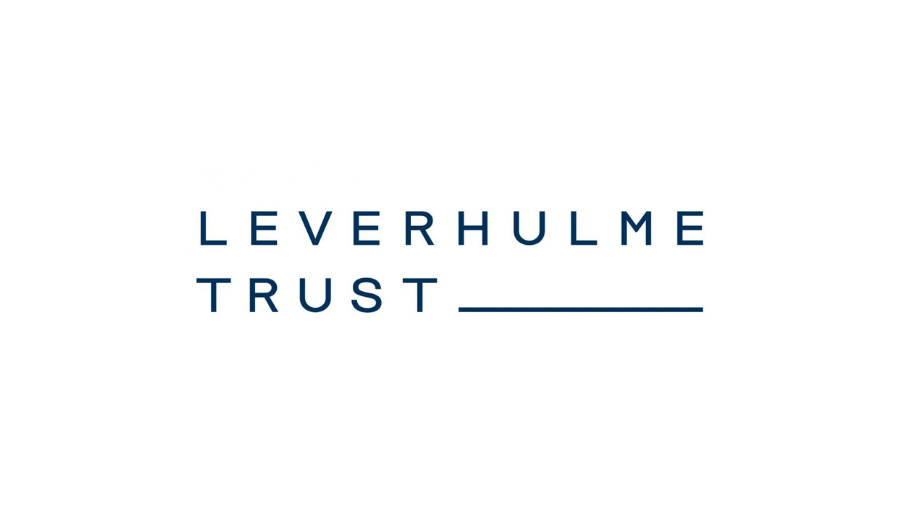

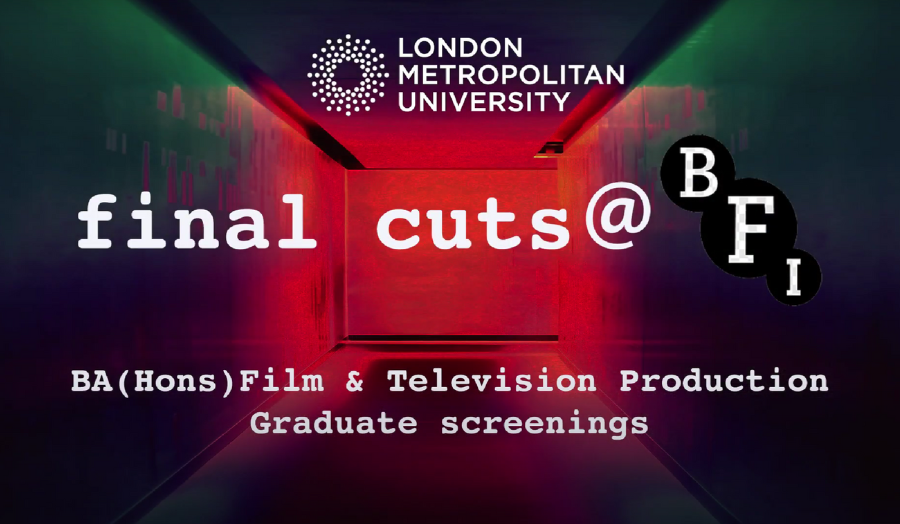
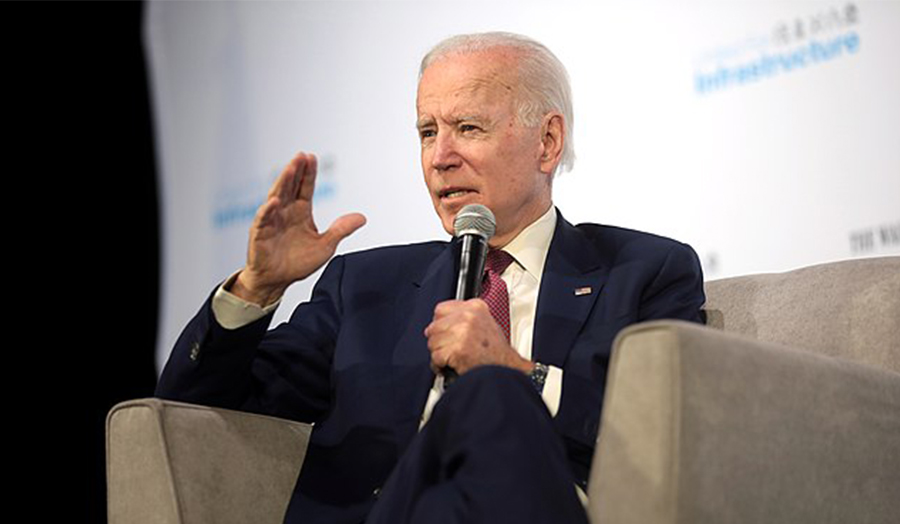


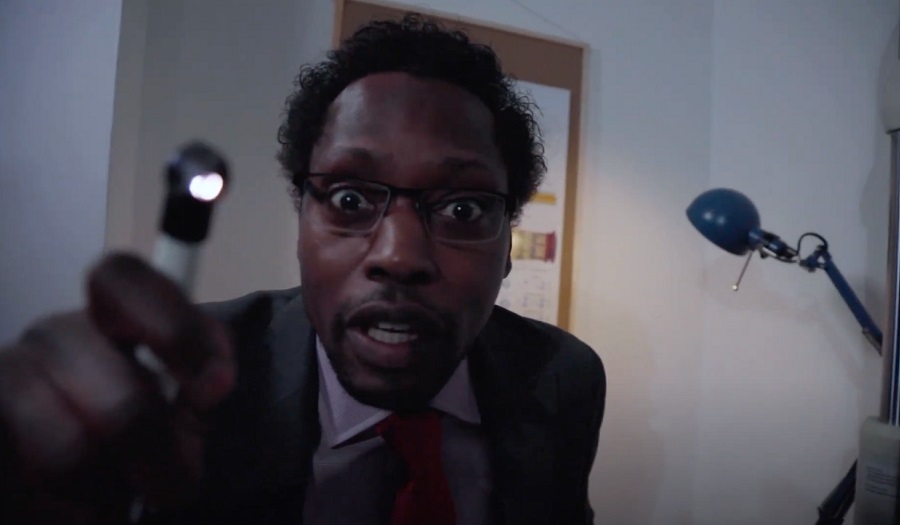
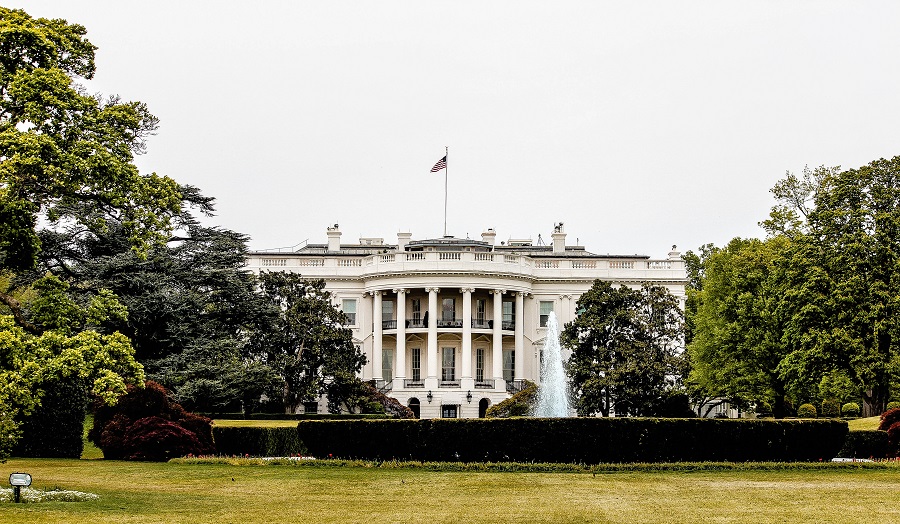

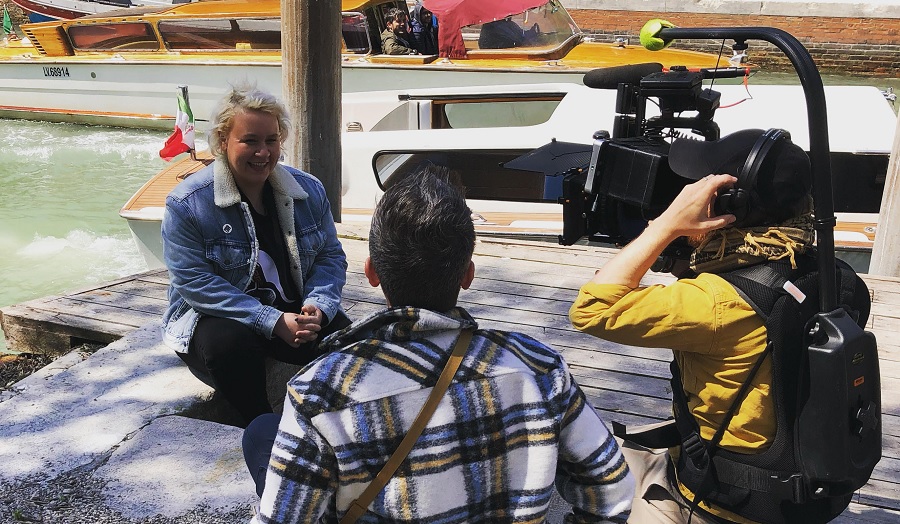
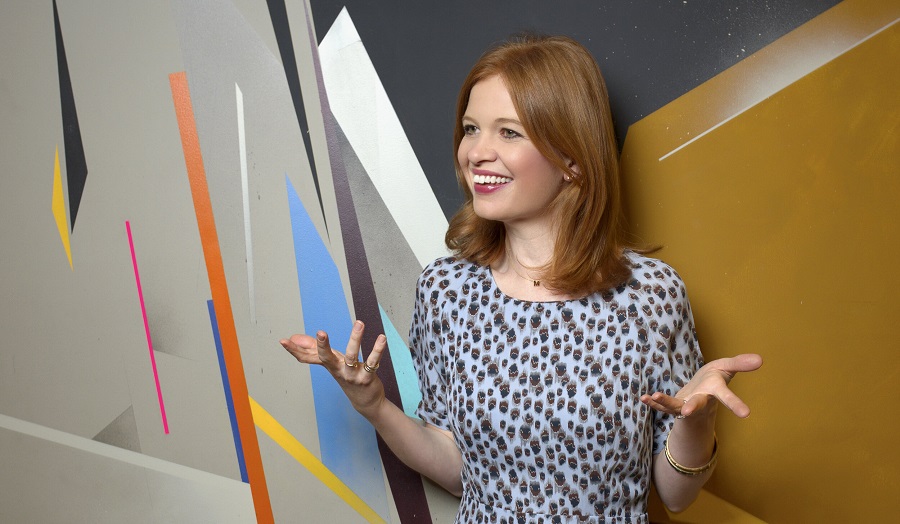

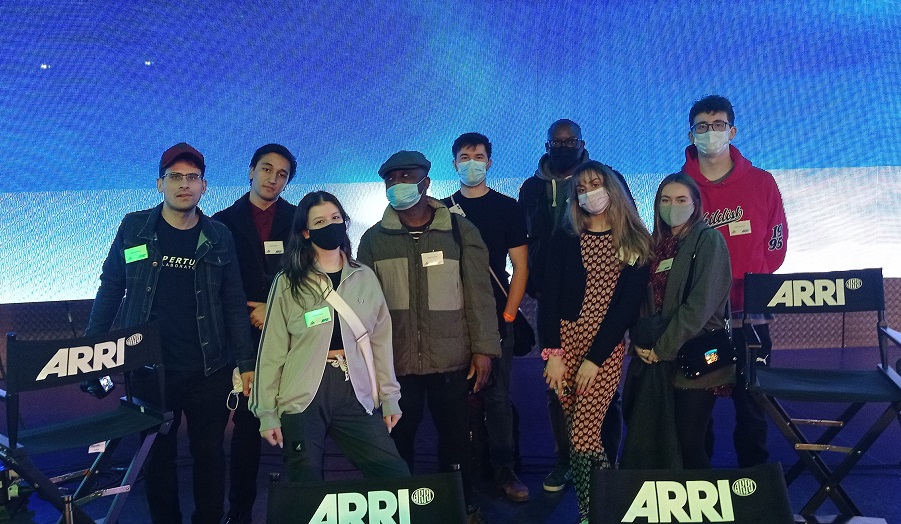

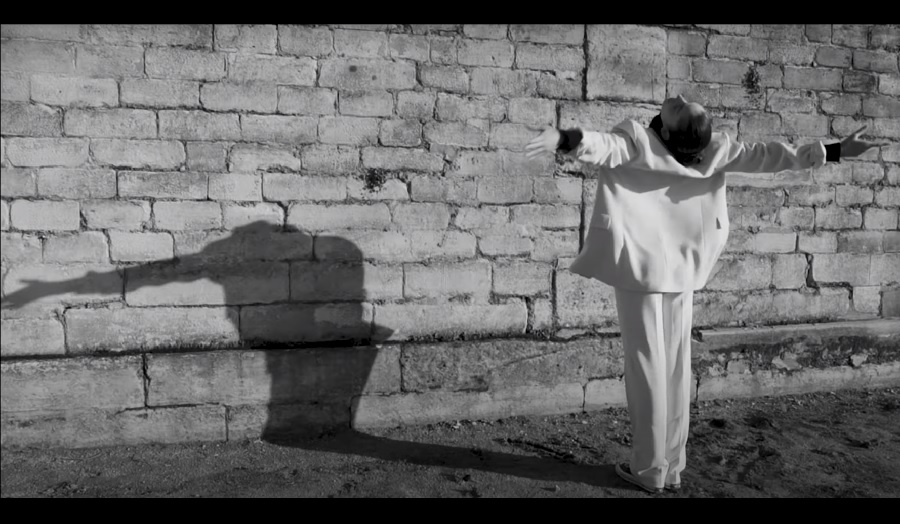
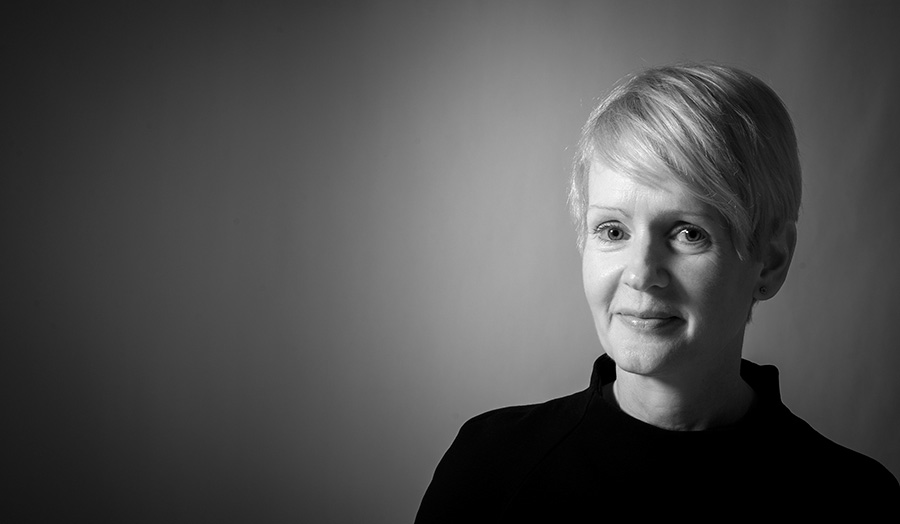
.jpg)

